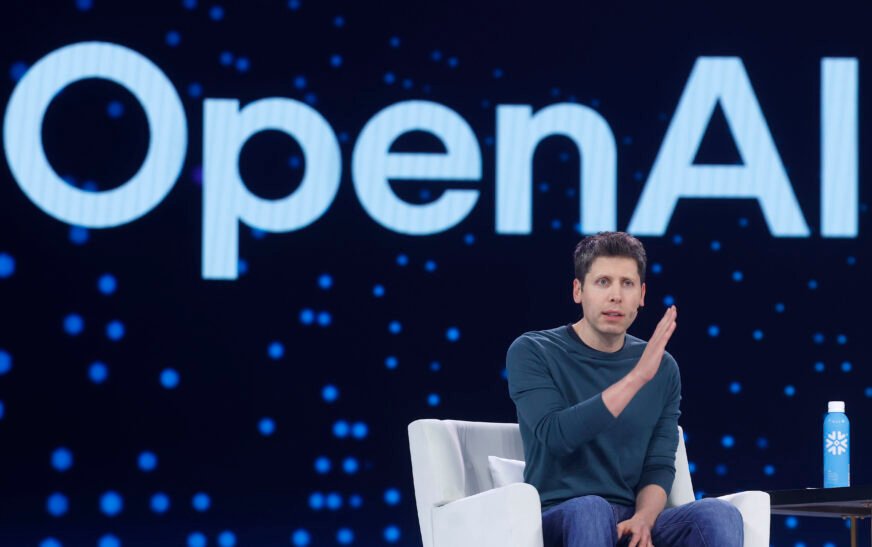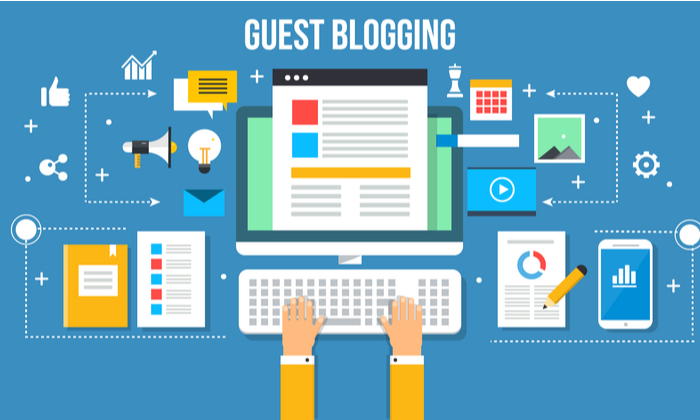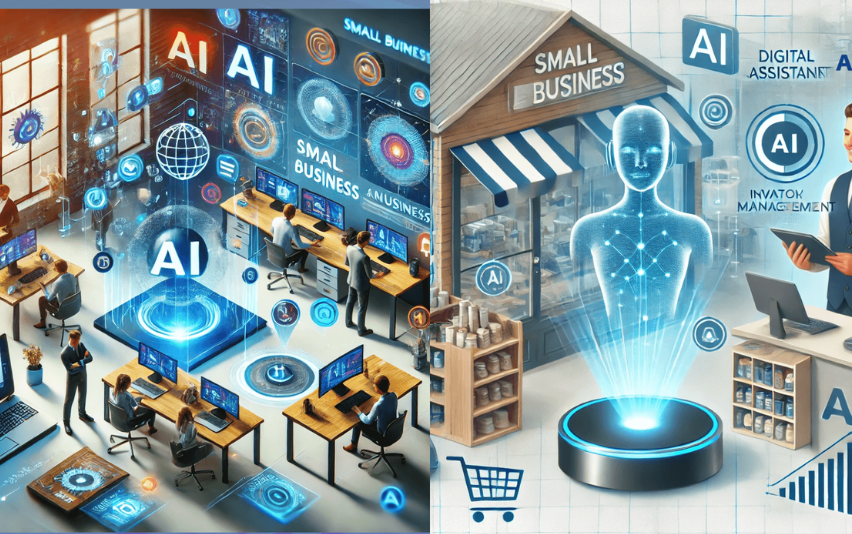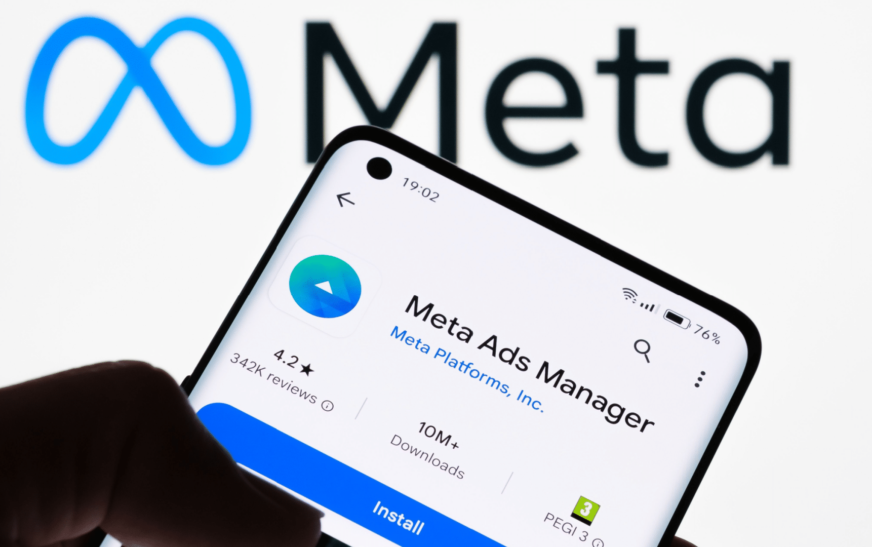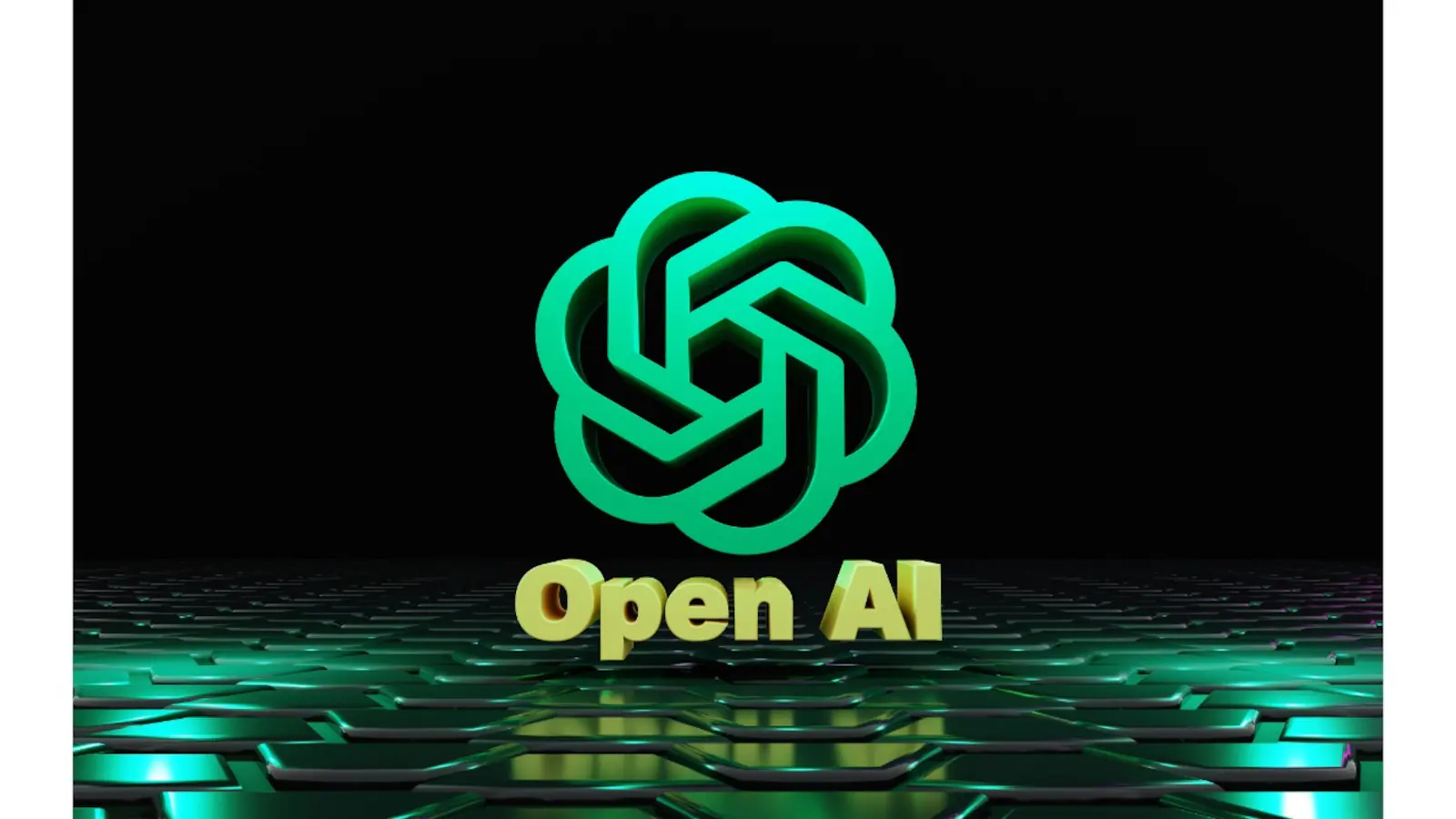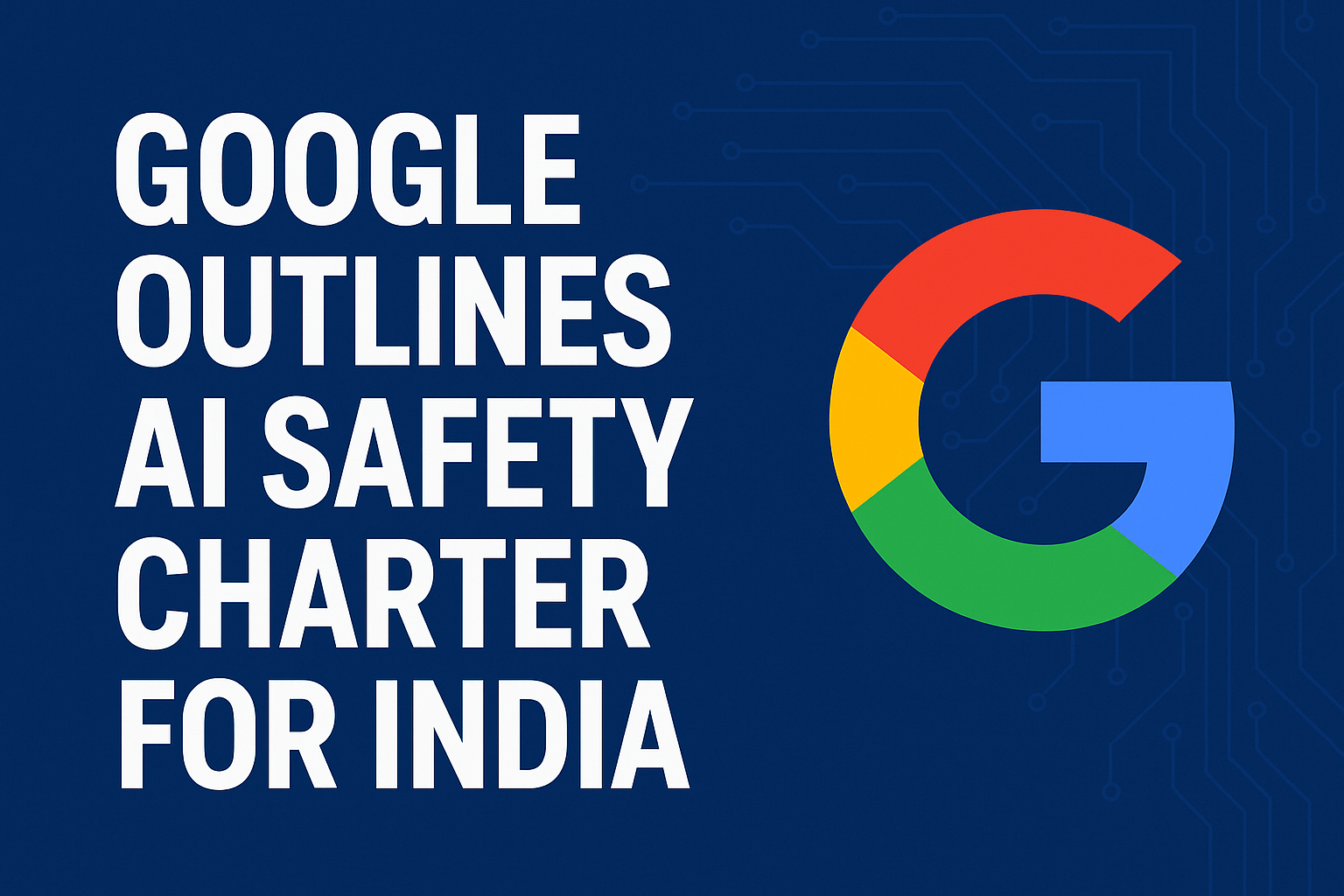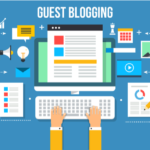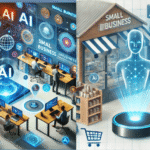OpenAI, the company behind ChatGPT and GPT-4, is making headlines once again—this time for its strategic decision to move away from Scale AI, its long-time data labeling partner. In a move that signals a significant pivot in its AI training strategy, OpenAI is reportedly replacing Scale AI with smaller, more specialized data vendors. But why is OpenAI taking this bold step? And what does it mean for the AI industry?
In this blog, we’ll unpack the reasons behind this major shake-up, the implications for AI development, and what businesses can learn from OpenAI’s evolving approach to data sourcing.
OpenAI and Scale AI: A Former Powerhouse Collaboration
Scale AI has long been considered the go-to platform for labeled data. Founded in 2016, Scale AI provides high-quality annotated data to companies building AI models. OpenAI partnered with Scale AI to accelerate the labeling of massive datasets used for training large language models like GPT-3 and GPT-4.
This collaboration helped OpenAI scale rapidly and build some of the most powerful generative AI models the world has seen. Scale AI’s data labeling services played a vital role in fine-tuning language models with human-reviewed responses, safety training, and content filtering.
The Shift: Why Is OpenAI Replacing Scale AI?
While neither company has released a detailed public statement, insiders and reports suggest that OpenAI is moving away from Scale AI for several key reasons:
1. Need for More Specialized Data Partners
OpenAI is now prioritizing highly specialized datasets curated by domain-specific vendors. As models like GPT-4o and future GPT iterations require increasingly nuanced knowledge, OpenAI needs partners who can deliver expert-level data in areas like law, medicine, programming, and scientific research.
2. Greater Control Over Data Quality
By decentralizing its data pipeline and working with multiple niche providers, OpenAI gains more control over the quality and type of data it uses. This approach reduces reliance on a single large vendor and allows for better customization of datasets to match evolving AI capabilities.
3. Cost and Efficiency Optimization
While Scale AI provides scalable solutions, it comes at a premium cost. OpenAI may be cutting costs by working with smaller firms or even building internal labeling capabilities, especially now that it has the infrastructure to support such initiatives.
4. Strategic Independence and IP Protection
Handling sensitive training data through multiple specialized partners gives OpenAI better safeguards around intellectual property and data leakage. It aligns with OpenAI’s ongoing push to ensure compliance, ethical sourcing, and long-term proprietary advantages.
What This Means for the AI Industry
This major shift in OpenAI’s data strategy sends ripple effects through the entire AI ecosystem.
➤ Increased Demand for Niche Data Providers
AI startups and niche data companies now have a golden opportunity to work with top-tier firms like OpenAI. The shift could democratize the data sourcing ecosystem and reduce monopolistic dependency on massive vendors like Scale AI.
➤ Pressure on Scale AI
This is a reputational hit for Scale AI, which was previously regarded as the default partner for AI training. While Scale remains a significant player, it must adapt by offering more specialized, higher-quality services to remain competitive.
➤ Custom Data Will Drive Model Accuracy
We’re entering an era where AI systems will increasingly be judged on their performance in specific use cases—like coding assistance, legal summaries, or medical diagnostics. OpenAI’s move underscores the importance of domain-specific data over large-scale general datasets.
The Future of AI Training: Hyper-Specialization Is the New Standard
The age of “one dataset fits all” is over. As AI models grow more powerful, they require more curated, context-aware, and deeply specialized data. OpenAI’s decision to replace Scale AI with smaller data vendors is a future-facing strategy. It signals a broader trend in the industry: AI companies are no longer just hunting for quantity—they want precision, expertise, and relevance.
OpenAI’s growing ambition to dominate areas like enterprise productivity, code generation, and scientific research makes domain expertise in data sourcing non-negotiable. Specialized data training isn’t just about better model performance—it’s about trust, reliability, and differentiation in an increasingly competitive AI market.
How Businesses Can Learn from OpenAI’s Pivot
If you’re a business building AI or integrating AI into your operations, here are some lessons from OpenAI’s strategy shift:
- Prioritize Data Quality Over Quantity: Clean, accurate, and domain-specific data can outperform massive general datasets in many cases.
- Avoid Vendor Lock-In: Diversify your data sourcing and toolsets to maintain strategic flexibility.
- Invest in Niche Partnerships: Working with specialists in your field—whether legal, medical, or technical—can enhance your AI’s contextual accuracy.
- Audit Your Data Supply Chain: Ensure your data partners follow ethical, compliant, and transparent data sourcing practices.
Final Thoughts
OpenAI’s decision to move away from Scale AI and lean into more specialized data partnerships marks a turning point in AI development. It reflects a growing maturity in how top-tier AI firms think about training data—not just as raw material, but as a critical strategic asset. As OpenAI prepares for its next wave of models and features, one thing is clear: the future of AI lies in expertise-driven, precision-labeled data.
For the AI industry, this shift opens new doors—and sets new standards.

